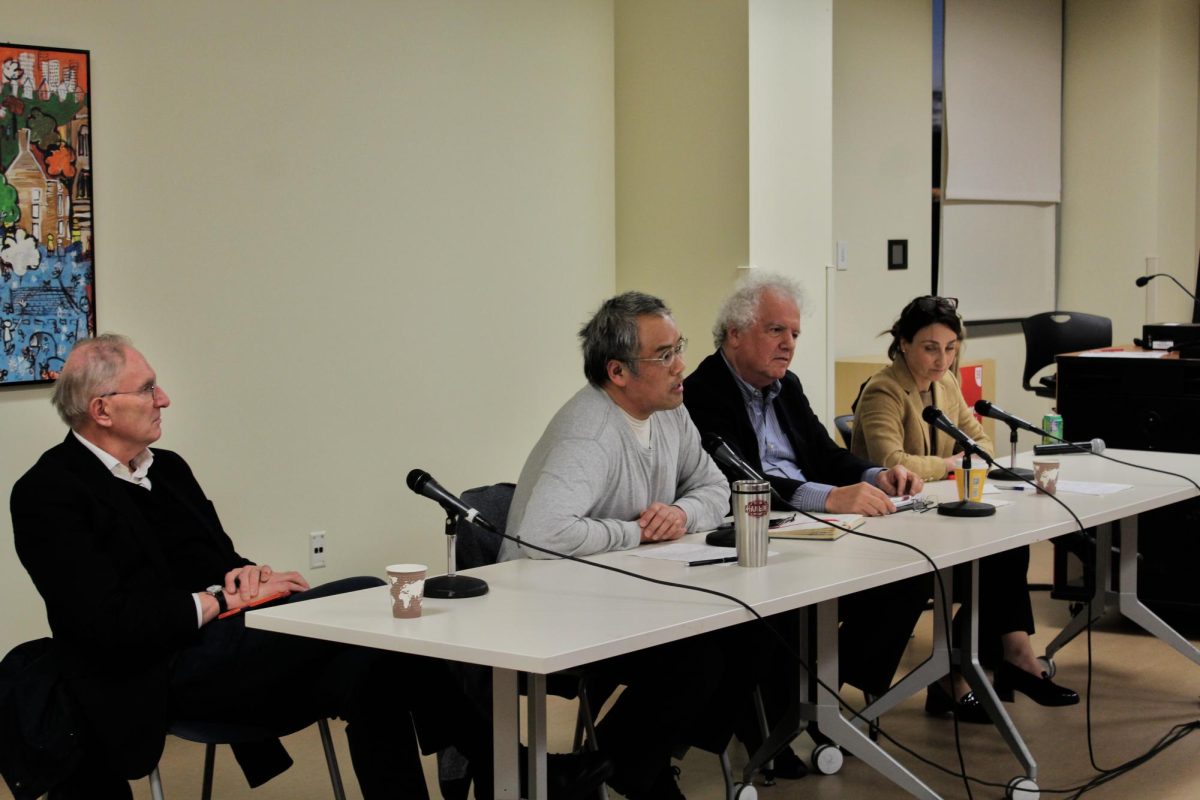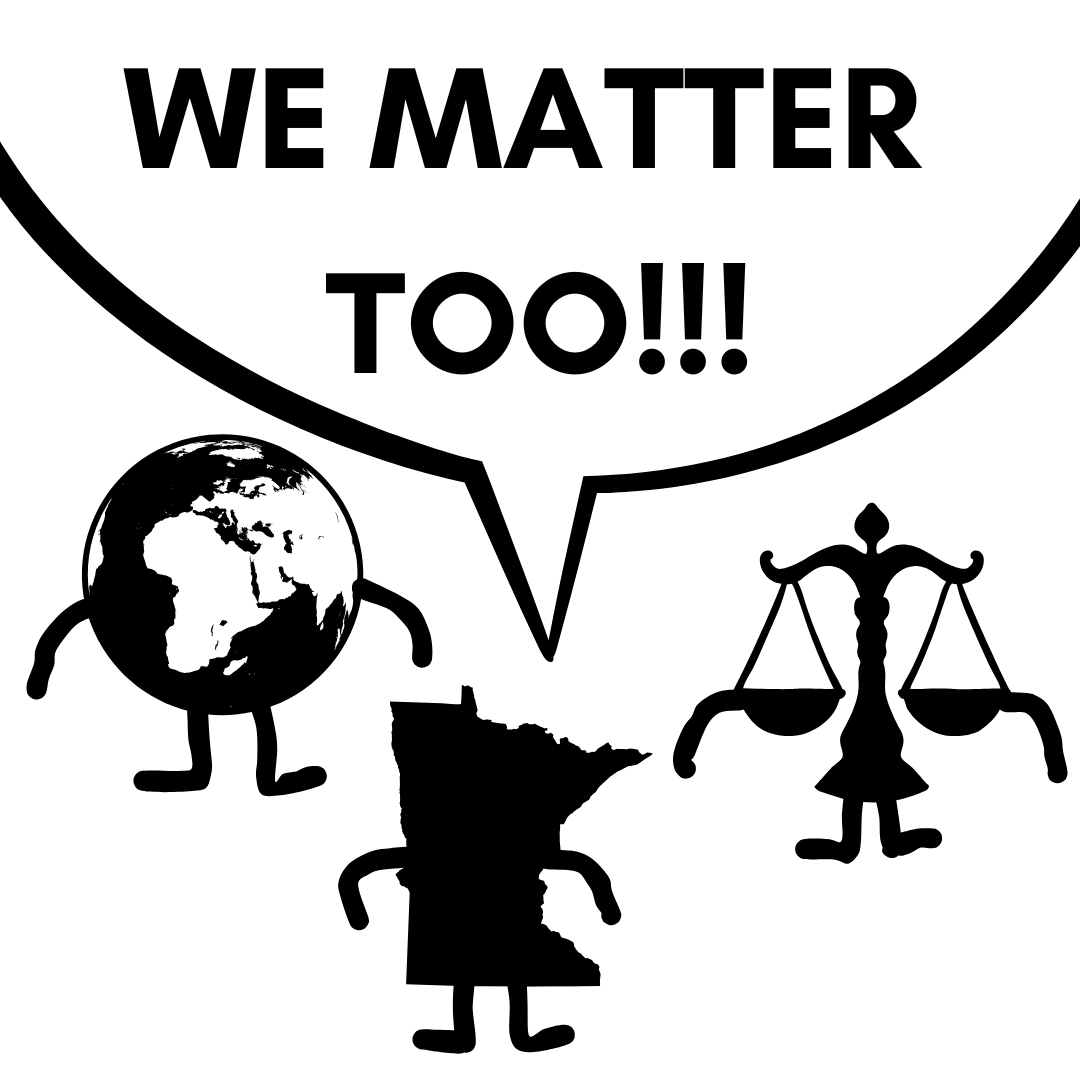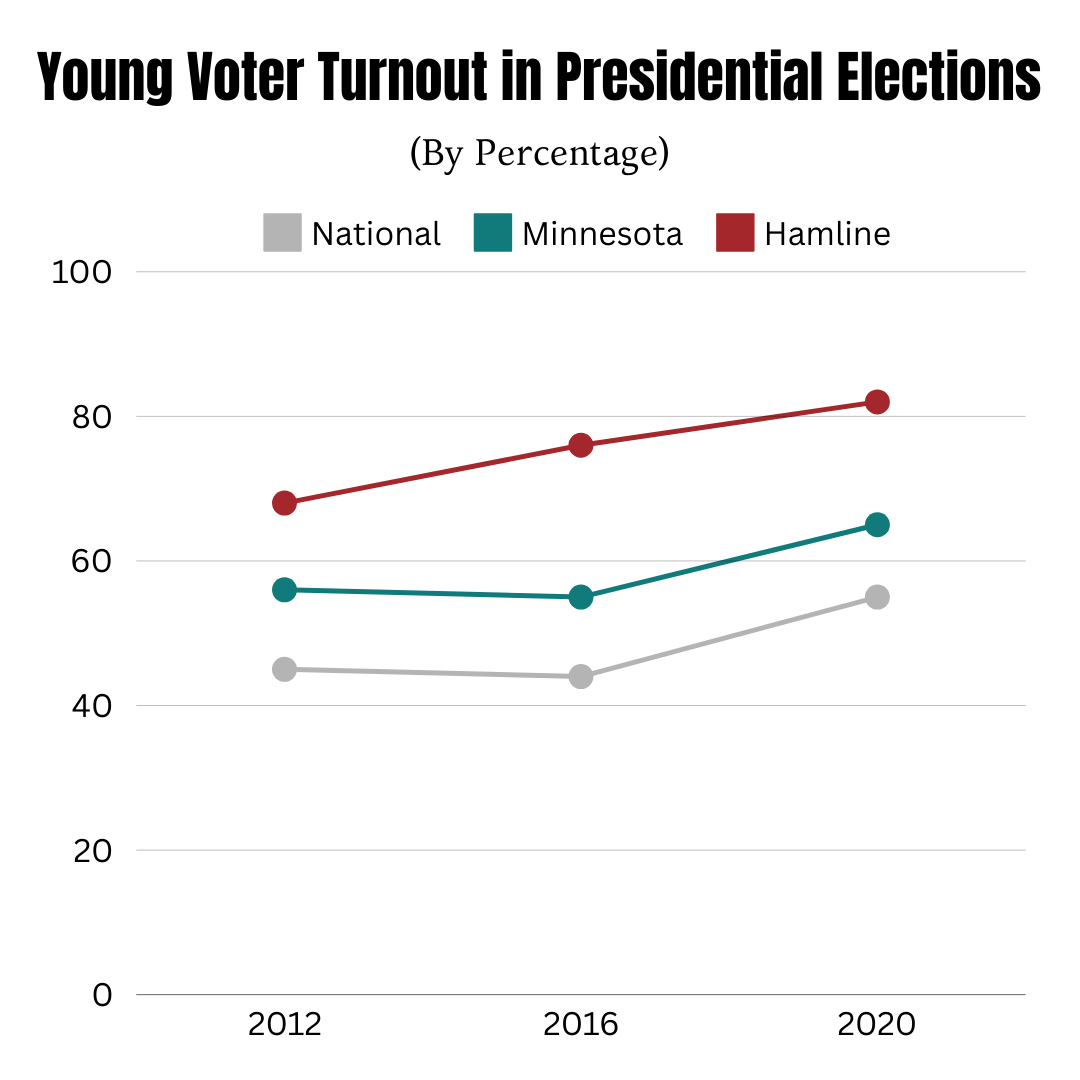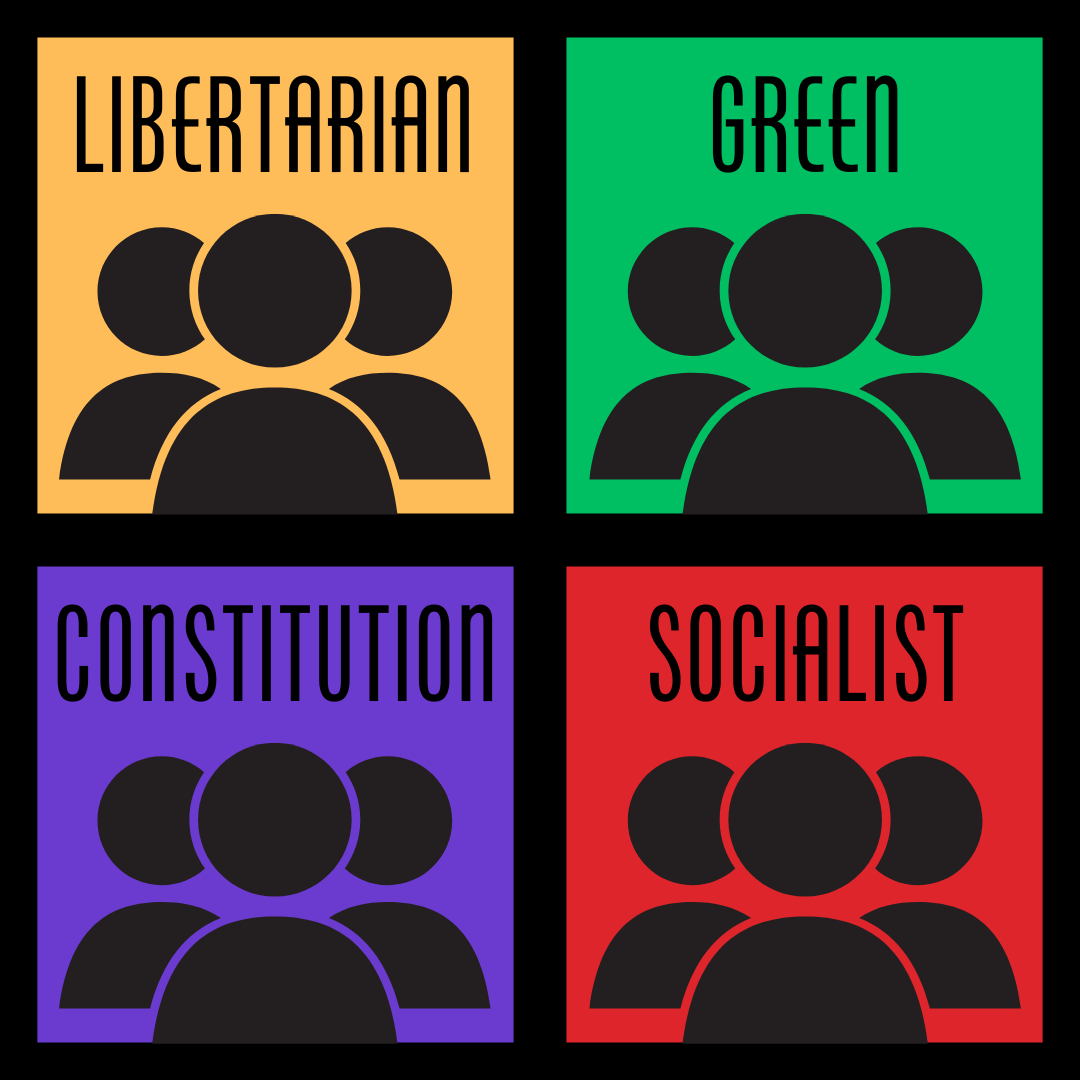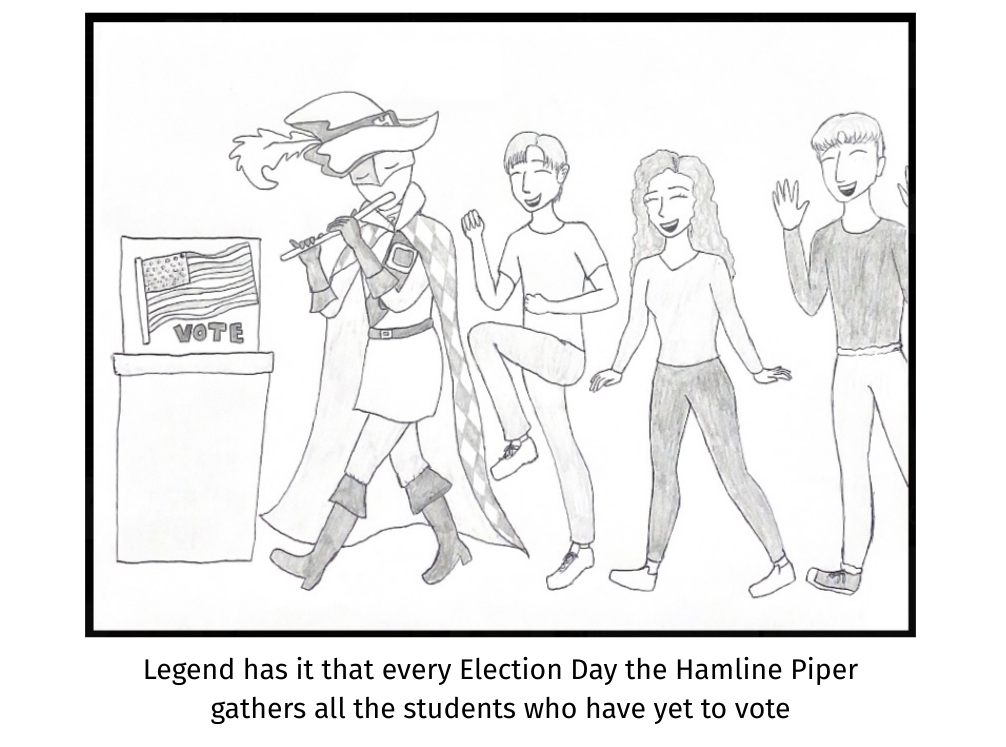Incumbency in America, put simply, is having previously held political office. These figures have shown that they can win an election, and if they have made it through their term without “any controversies,” many voters will not look any further. A small poll determined that around 50% of young voters “respect incumbents” and, unless they are given a reason not to, will continue to vote for them.
The incumbency advantage is the disproportionate amount of power an incumbent has when running for reelection. According to NPR reporter Brandon Smith out of Indianapolis, over the last 6 election cycles in both the House and the Senate from 2012 through 2022, incumbents won “97% of the time they appeared on primary and general election ballots.” Many voters are content to keep their elected officials the same, even “scared of change”, as an interviewee said when asked about their view on incumbents.
One common danger of prolonged incumbency is the inability to keep up with the public’s views. This can lower the judge’s favorability rating, as they are not voting in line with the views of their constituents.
David Schultz, a Hamline political science and law professor, discussed the arguments in favor of judicial incumbency.
“Judicial offices are different than other elected offices,” Schultz said.
Most other elected officials are involved in competitive elections with one or more other candidates. This means they must prove themselves to their possible future constituents by campaigning, raising money, telling constituents what their views are and seeking endorsements.
An alternative to electing judges would be by appointment. Schultz explains evidence that when a person is elected, rather than appointed, they are subject to ”more political pressure” and “may be less sympathetic to criminal due process or individual rights claims.” Schultz states that “once in office as a judge, it’s hard to defeat that person.”
Once a candidate has been elected, not only are constituents more likely to vote for them, but they also easily receive financial support and endorsements.
When voters get to the ballot box, there are often other positions, particularly in presidential election years, that are more “important” and when it comes to the local judges, often there is not much information known about them. This is often because they are running unopposed. When an incumbent runs unopposed, they are the most likely to be elected to that office simply because only their name is written on the ballot. When officials run unopposed or not in a competitive election, they do not voice their beliefs and do not talk about their views on key details. This makes it a lot harder for the public to make an informed decision about voting for a judicial candidate or not.
Schultz, in a search for an alternative to electing judges in local courts, said that they should be selected. This would ensure the person is vetted by those the judge would later represent. He states that judges should be selected on “basis or merit” and work themselves up the ladder, gain experience being a civil servant and eventually make it to becoming a judge.
Incumbency and its impact on America
Lilli Carpentier, News Reporter
November 6, 2024
Story continues below advertisement
0
More to Discover



